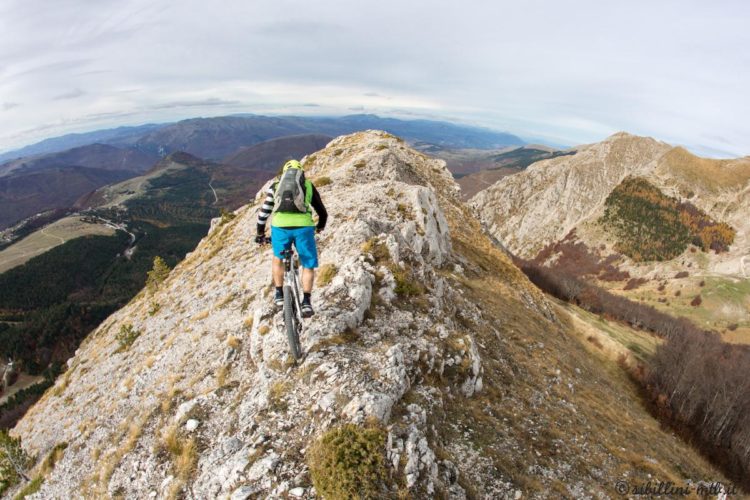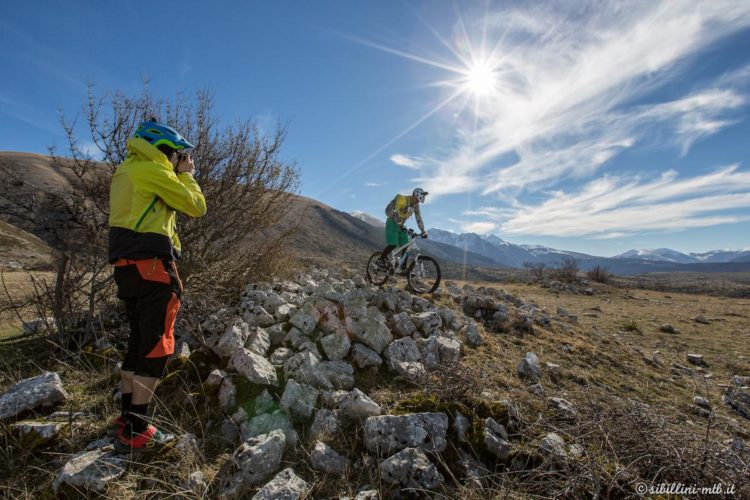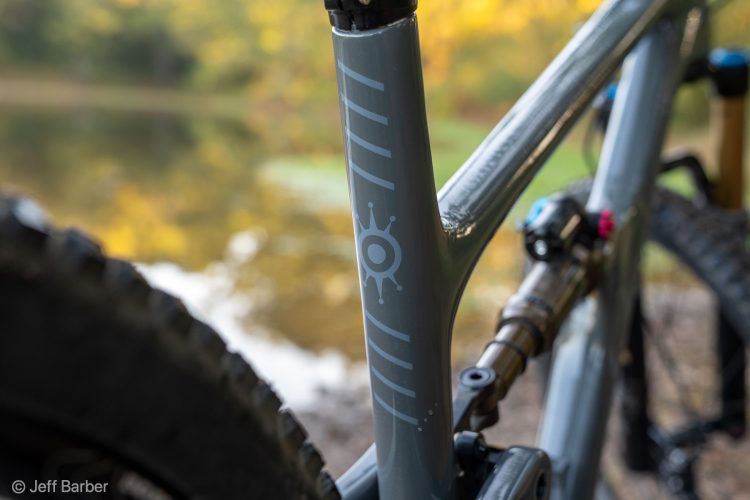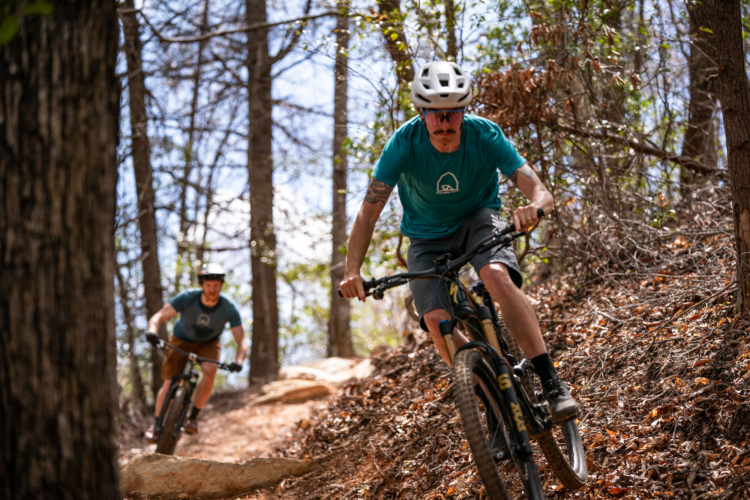Editor’s Note: “Over a Beer” is a regular column written by Greg Heil. While Greg is the Editor in Chief for Singletracks.com, any opinions expressed in this column are his alone and do not necessarily represent the opinions of Singletracks.com.
Risk taking is an integral part of our lives. No matter how much we try to insulate ourselves from the dangers of the outside world, decisions that we sometimes must make require taking risks. Sometimes these risks are calculated, and sometimes they’re accidental.
In his modern philosophical text The Black Swan: The Impact of the Highly Improbable, Nassim Nicholas Taleb writes:
“I insist on the following: that we got here by accident does not mean that we should continue to take the same risks.” (Emphasis added.)
To provide some context, in this section of his text Taleb is referring to the idea that in order for human beings to evolve to our current state, our predecessors had to take certain risks, and those risks ended up working out for us, because… well, here we are. However, in this sentence he’s arguing that just because those risks turned out well for our predecessors, that there’s no reason for us to continue taking the same risks. We now know better and can make more informed decisions, only taking the risks that are necessary and have a greater possibility for positive outcomes vs. the possibility of negative outcomes. (For more on that topic, you’ll have to read his book.)
But as I read this, I wondered to myself: “Is this the inherent dysfunction of extreme sport athletes–that they (really, we) continue to take the same risks despite being intimately acquainted with the very real negative consequences of what happens when shit goes sideways?”

Do the truly top-level extreme athletes need to be dysfunctional in order to keep taking the same risks… be somewhat messed up in the head to succeed at their sport?
I mean, seriously now: after breaking an arm or a leg going big on the mountain bike, or worse, doing something like breaking your back, how do you go about mentally recovering from that injury, and then come straight back to doing what you were before when you got injured?
For some actual insight into this, be sure to read my column “Giving Up Isn’t an Option — On Overcoming Injuries“:
[see_also id=”200102”][/see_also]
And despite all the things I said in that column, when I think about the athletes that wrack themselves, get hospitalized, and come back to do the exact same thing that they were doing when they got injured, I have a hard time comprehending it. (See: Tracey Hannah)
It isn’t logical.
It doesn’t make sense.
Nassim Nicholas Taleb would not be happy.
Jenny Herbold looked at the psychology of injury in her excellent Rampage-based article, discussing how the top 1% of mountain bikers deal with fear, and how they deal with the trauma from bodily injury.
And the more and more I think about it, the more I think there’s a screw loose in the heads of these guys.

But then I turn my focus inward. I tore my ACL downhill skiing last year and despite that injury, as soon as the snow started to fall this year, out came the skis, out came the climbing skins, and away into the mountains I went, searching for powder turns.
I’m not alone in this: with millions of mountain bikers and millions upon millions of winter sports athletes worldwide, we all face down our demons of injury, and then continue on in the face of fear, taking the same risks that we took before.
[see_also id=”199346″][/see_also]
But maybe our dysfunction isn’t craziness. Maybe, instead, it could be better labeled as addiction. Addicts do crazy things all the time that, in their normal minds, most humans would never do. And most addicts, if they’ve been at it long enough, know that the substance they’re abusing isn’t good for them. They know that it’s hurting their bodies, and that they could potentially overdose.
Yet despite all the logic they can bring to bear, so often the addicts ignore the danger, ignore the damage they’re doing to their bodies, and they head out on the streets anyway, looking for their next hit.
Substitute “streets” with “trails,” and that hits awfully close to home.






















9 Comments
Feb 1, 2017
That cover shot looks familiar..........C.O.D. near the Lair, @Chris Daniels?
Feb 1, 2017
Feb 1, 2017
As far as having a screw loose, it does seem to be something like that. I watched a documentary on risk taking in which they explained that mortal fear spurs the production of a chemical we need to stay in balance. Extreme risk takers are naturally deficient in this chemical, while risk averse nervous Nellies naturally have an abundance of the same chemical. The people who are constantly laid up are basically following a compulsion driven by a chemical imbalance.
Feb 1, 2017
Feb 2, 2017
Feb 3, 2017
“To be competitive at that requires a pretty serious risk-taking mentality that I’ve never really had. I’ve acknowledged that humans are pretty fragile, so I feel fortunate to have gotten out of that career without any major injuries.”
Source: https://bangordailynews.com/2017/02/01/sports/great-outdoors-still-beckons-recently-retired-maine-olympian/?ref=SportsBox
Feb 3, 2017
Feb 3, 2017
Thanks for the comment man!
Feb 1, 2017